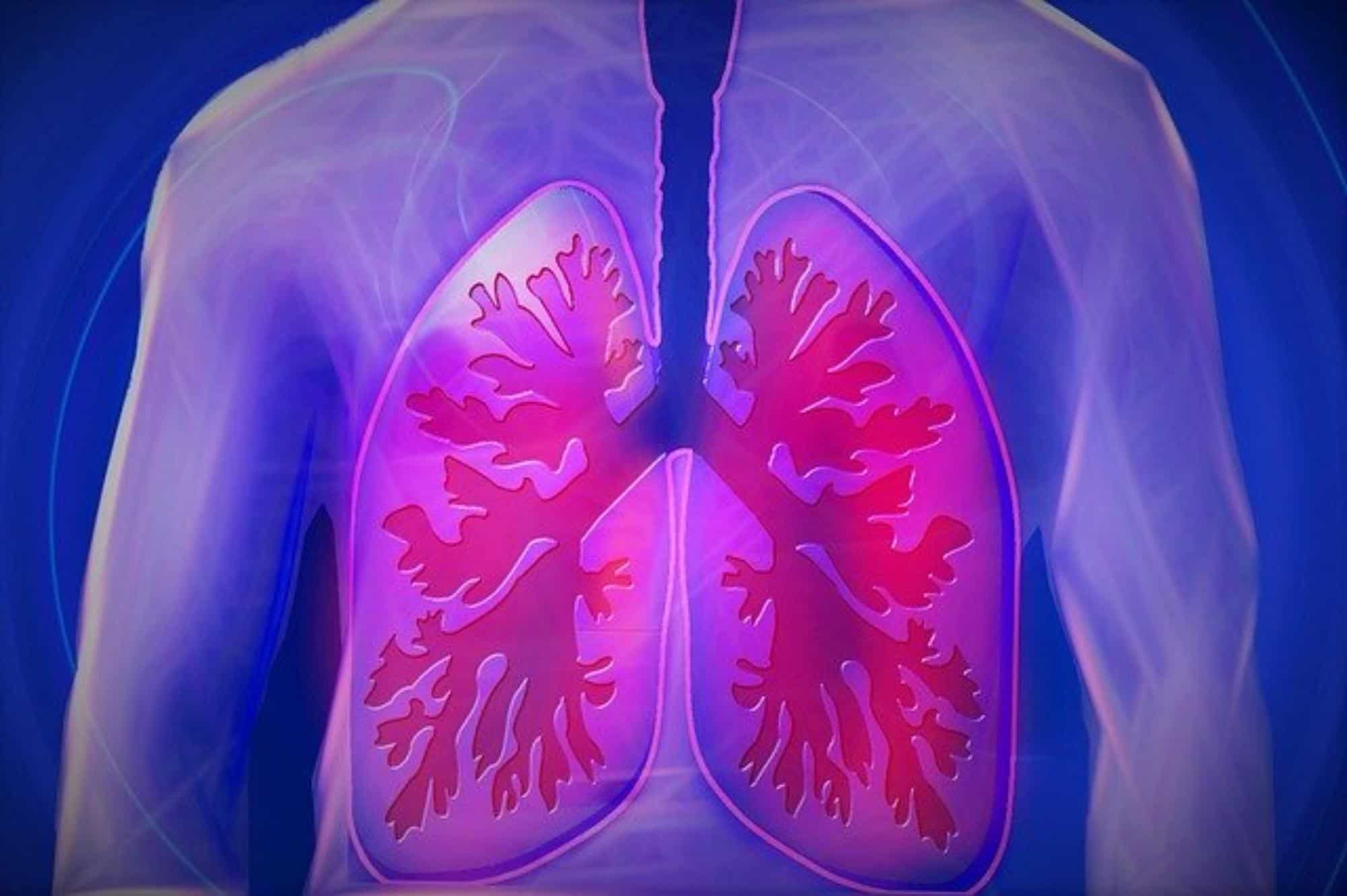What Should You Know If You Provide Care To A Senior Loved One With Tuberculosis?
Tuberculosis is far from eradicated even though it’s not as prevalent as it was in the past. You may be wondering what to do if your loved one has been exposed. Pegasus senior care professionals in Newberry Park and elsewhere can help you care for your senior with tuberculosis.
Bacteria cause tuberculosis (TB). The bacteria spread through the air from one person to another. Not everyone who breathes in the bacteria becomes sick.
Individuals with healthy immune systems have the bacteria living in their body but aren’t sick. They have latent, or inactive, tuberculosis. That’s the most common form of TB.
Other individuals become sick with tuberculosis disease. That’s also called active tuberculosis. Latent TB needs to be monitored, and active TB needs to be treated.
Most people with latent TB never develop active TB. About 5 to 10 percent become sick years later, especially if something weakens their immune system.
TB bacteria do not live on surfaces. The bacteria must be inhaled to survive. TB is not caught by sharing food containers and utensils, personal items, cigarettes, or kissing.
Risk Factors
Only active TB is contagious. Being around someone who has active TB is the biggest risk factor for infection.
If you are caring for a senior with tuberculosis, you need to protect yourself. Be sure to wear a mask, and ask your loved one to wear a mask. Keep the area well ventilated.
Keep your immune system healthy with good lifestyle habits such as eating well, exercising, and resting. Get tested, so that if you develop latent TB, you can obtain treatment that keeps it from becoming active.
Conditions that can weaken an immune system include:
- Being underweight
- Diabetes
- HIV/AIDS
- Kidney disease
- Malnutrition
- Medications/treatments for organ transplants, cancer, or other conditions
- Silicosis
- Smoking
- Substance abuse
Tuberculosis isn’t picky about who it infects. Individuals worldwide of every age and status are susceptible. It’s found in every US state, in workplaces, public facilities, and homes.
Because the bacteria are airborne, TB typically infects the lungs. Left untreated, it can spread throughout the body. Other areas frequently affected include:
- Spine – symptoms are back pain and stiffness
- Joints – arthritis, especially in the hips and knees
- Meningitis – swelling of membranes in the brain
- Liver and kidneys – impairs their ability to function
- Heart – inflammation and accumulated fluids keep the heart from pumping correctly
Tuberculosis is fatal if not treated.
The death rate in the elderly is higher than in other age groups. Sometimes they don’t have the expected symptoms. Or the symptoms are not recognized in time.
There are also reports that aggressive treatment is sometimes withheld from the elderly. That’s done in the belief that their bodies are too weak to survive treatment. It’s essential that you have frank discussions with your senior’s physician about treatment options and side effects.
Symptoms
Individuals often seek treatment when they start coughing up blood. Until then, they frequently attribute their symptoms to other causes. Common symptoms of active TB include:
- Chest pain, especially when breathing or coughing
- Fatigue or weakness
- Fever
- Loss of appetite
- Night chills or sweats
- Persistent coughing
- Unexplained weight loss
People with latent TB don’t have noticeable symptoms.
The symptoms may be mild for a long time, and your senior gets used to not feeling well. Or they may blame how they feel on “old age.” Unfortunately, they may be contagious and potentially infecting others.
Physicians have several tools available for diagnosing TB. Skin tests are traditional. A substance called PPD tuberculin is injected under the skin, and the diagnosis is based on the reaction.
Blood tests are becoming more commonplace. X-rays and CT scans may be ordered if blood or skin tests indicate infection. Sputum, which is the mucus coughed up, may be tested to confirm a diagnosis.
It can take weeks to get the results of a sputum test. As well as confirming the diagnosis, it helps in determining which medications will be most effective.
Treatment
Tuberculosis is curable. Most treatment is a lengthy course of several antibiotics. Physicians choose the drugs and how long to take them based on:
- Age
- Location of the infection
- Overall health
- Potential resistance to drugs
Unpleasant side effects are another consideration.
Antibiotics have been used for years to treat TB. That’s led to cases of multidrug-resistant TB. Treatment then requires stronger drugs taken over longer periods of time.
The treatment for tuberculosis in your senior loved one can require extra care from you. Four or more drugs are often prescribed, each with specific dosages, timing, and restrictions. It all leads to unintentional poor compliance with the treatment due to confusion.
However, for many, the biggest hurdle is the length of treatment. Most antibiotics have to be taken for at least six to nine months. Depending on your senior’s abilities, you may be fully responsible for helping them continue and finish treatment.
Pegasus is a licensed Home Care Organization and a Joint Commission Accredited Home Health Care organization. Pegasus senior care experts in Newberry Park and our other locations assist your loved one with treatment compliance. We provide the level of professional home care your senior needs to stay healthy.

